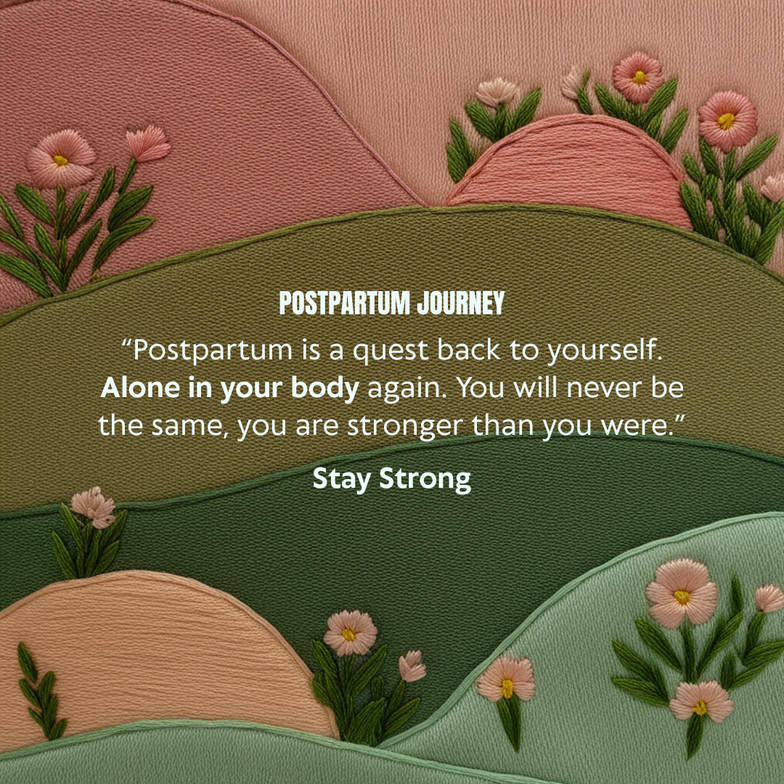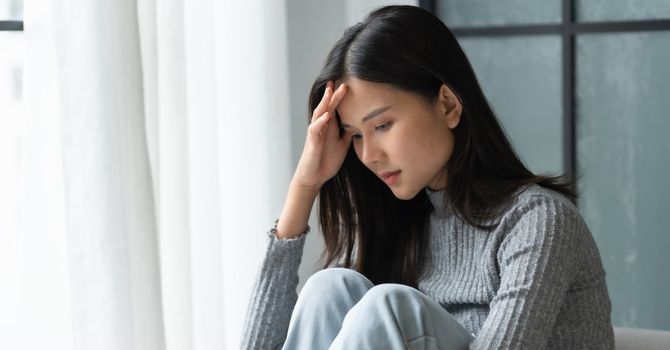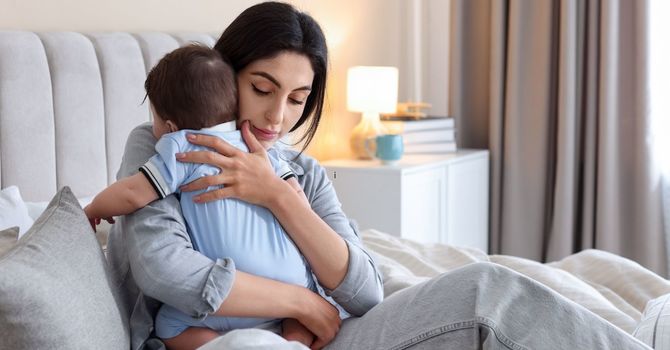
When Physical and Emotional Pain Overlap
Postpartum recovery can involve more than physical challenges and the adjustments to being a new parent—they carry deep emotional and mental weight. Sleep deprivation, hormonal shifts, body changes, and the demands of new parenthood can leave postpartum mothers and adjusting fathers especially vulnerable. Parenthood in the first 8 weeks can feel like your in a bubble filled with daily fatigue, loss of independence, exhausted, and feelings of isolation.
These experiences are heavy on their own, but when compounded by stigma or a lack of support or feeling like everyone who visits is just there for the baby and not the parents, the risk for depression, further isolation, and suicidal thoughts increases.
Why Awareness Matters
-
Postpartum parents: Studies show that postpartum depression is one of the most common complications of childbirth, and suicide is a leading cause of maternal death. Yet, many parents feel pressure to appear as though they are coping “perfectly.”
-
Chronic pain sufferers: Yes, those who suffer with chronic pain whether its an autoimmune disease or disability or postpartum complications— pain can alter you brain chemistry. Chronic pain sufferers in postpartum is strongly linked to higher rates of depression and suicide. Pain that is invisible to others can leave people feeling dismissed or misunderstood. Especially in women, people of colour or those in lower socio-economic statuses.
Awareness helps break the silence, reduce stigma in seeking help, and encourages early intervention.
How to Support Yourself and Others
-
Check in regularly. If you’re postpartum or living with chronic pain (or both), give yourself permission to speak openly about your struggles with trusted loved ones or healthcare providers. If healthcare providers dismiss you, then choose another one. Be persistent.
-
Know the signs. Withdrawal/isolating oneself, feelings of hopelessness, increased anxiety, intrusive thoughts about death/stopping things/dying (can be words, voices, or pictures flashing in the mind), or talking about death can all signal that someone needs immediate support.
-
Seek professional help. Therapists, support groups, doulas, and pain specialists can provide guidance and connection.
-
Build small moments of relief. Even 10 minutes of rest, mindfulness, or gentle movement can be protective for mental health. Going outside for 5 minutes even if its on the first step is enough.
You Are Not Alone
If you or someone you love is struggling, please know that help is available. In the U.S. & Canada, you can dial or text 988 for the Suicide & Crisis Lifeline to speak to someone right away. Visit our crises links HERE!
This Suicide Prevention Awareness Month, let’s extend compassion and awareness to those quietly carrying the dual weight of postpartum recovery or chronic pain. Your struggles are valid. Your life matters. And reaching out for help is a sign of strength.
This post is to increase awareness. It is in no way a replacement for professional mental health support or medical advice. To connect with a provider today please click the contact button now to reach out for support. Supporting you one step and one moment at a time.






